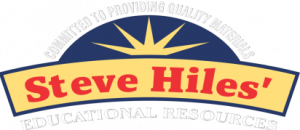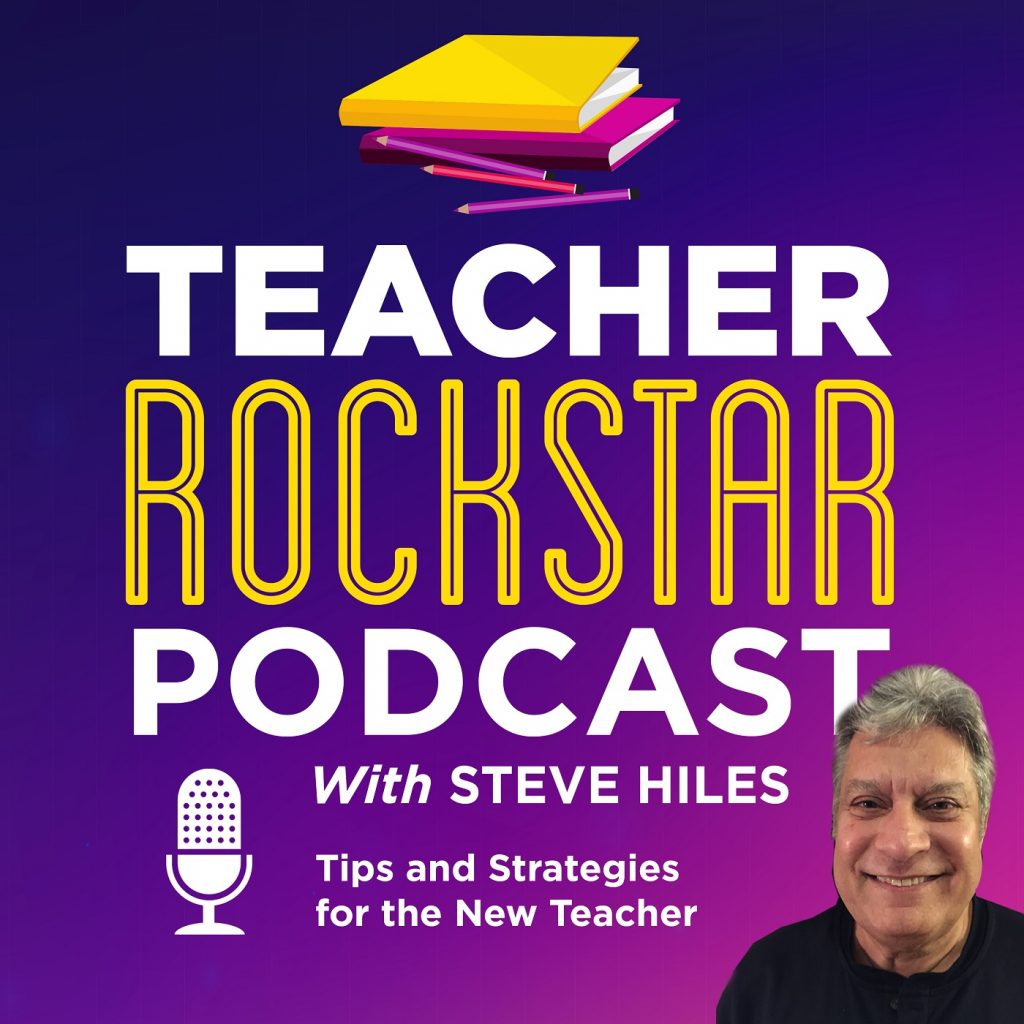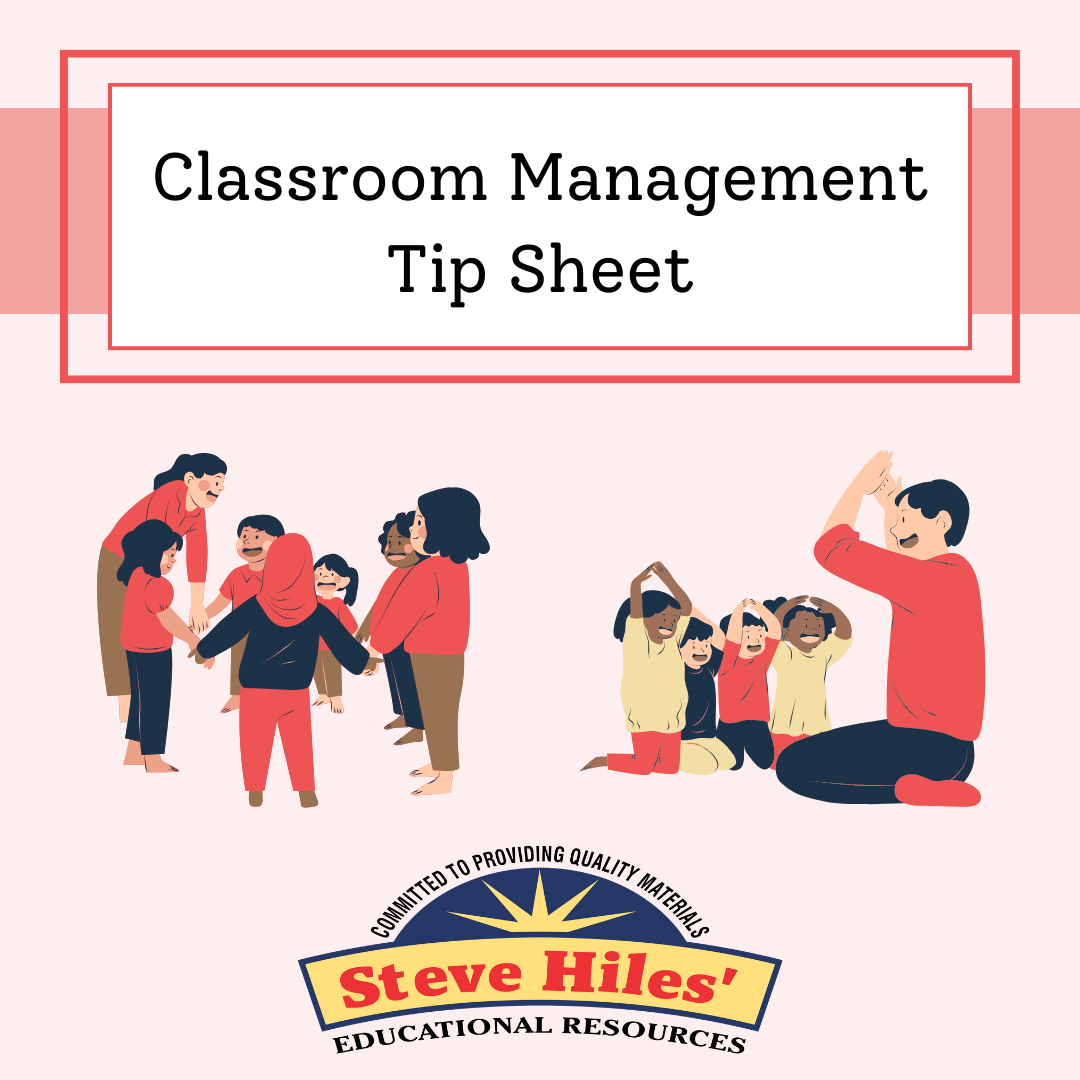Today, we are going to talk about 12 researched and proven techniques that would definitely help teachers to conduct more effective and easier parent-teacher conferences.
The first point can be a basic problem and a primary concern. Flexibility of Time. We know that most schools set aside a particular date for parent-teacher conferences which can even be communicated to parent’s, months prior to the conference. Even though we are punctual and particular in letting the parent know about the conference, being teachers, we need to be mindful about the situation. Even though the school sets aside a particular date, try to contact the parents and make sure the allotted time is convenient for them.
If the time is not convenient for them, try to be accommodating and schedule another time. Parents can be busy with work, or having more than one child. They may be preoccupied, or won’t be in town when the meeting is scheduled. If possible, if it’s convenient, schedule a phone or video conference. Be mindful of special situations, such as divorced parents, single parents, or guardianships. Some divorced parents, for example, may prefer separate conferences.
Also, in this regard, I think we need to do more than just informing them about the conference. Try to give them reminders and if possible, try to get in touch with them over phone to make sure that they have received the information, and that it would be appreciated if they could make themselves available for the meeting.
The research and studies show that there’s been a steep increase in the number of parents who believe that more intimate forms of communication like having face-to-face meetings with teachers are the most effective means to convey important information about students. The same study found a growing acceptance of digital methods.
Sensing the opportunity, simple communication apps like ClassDojo, Spotlight, Remind, and Seesaw allow educators to send mobile texts, video summaries, and other alerts to parents about important school activities or their child’s recent academic or behavioural progress.
Taken together, these ways to communication are giving parents a deeper look into their children’s performance and experience in the classroom, while forging tighter relationships between schools and families. Educational apps have even played a vital role in updating parents about snow days and disasters like Hurricane Irma, while advanced features translate report cards into languages from Arabic to Vietnamese.
So basically, the first thing before we conduct a parent-teacher conference is to try to be more mindful about the problems of the parents and be a total professional in our approach. Contact them and make them comfortable regarding the flexibility of time of the meetings. Keep them updated using the available technologies and mode of communication so that they won’t feel completely alienated when they attend a conference to discuss their children.
Okay! Keeping the parents updated is the first step to check out before conducting a conference. Just trailing this idea is the preparation that a teacher needs to make. Obviously, the teacher does not remain passive who just reaches out to parents, and that’s it. In fact, there’s A LOT MORE THAN THAT, FOR SURE!
So, the second point is, Be Prepared!
If the teacher is not prepared, the discussions would leave parents totally confused. Parents should leave a conference with a clear idea and concrete examples of what’s going well and what areas need work.
And for that, the teacher needs to prepare a current and accurate record of each and every student. There are teachers who prepare the parents from the beginning of the school year about the methodology going to be followed and regularly keep them posted and updated. In such cases, the parents would be at least prepared with a vague idea of what they are to expect from a conference.
In other cases, where the parent is not aware about the progress of their kid, it would help them if the teacher is prepared to brief them with what’s happening with their child. Review the students’ grades and portfolios before the conferences. Jot down notes about each student, anticipate questions (that’s really a biggie) or parental concerns, and reread any prior parent communication so the teacher won’t miss a beat.
If we are to be discussing any problems, make sure to have documentation, such as examples of misbehaviour or missed assignments. Also, make sure to inform parents about any problems before the conference. If a parent knows about a concern before the conference, chances are you’ll both be better equipped to discuss possible solutions during the conference.
Let the parent know that you as the teacher is interested in their kid’s education and has been diligent in terms of rendering the best education possible. In turn, they will start trusting the teacher, and earning that trust is not to be considered something easy!
And the third point, which will also be the last point regarding the teachers preparations before having the conference, to have a Translator if neccessay. There can be parents who won’t understand English and find it difficult to converse with the teacher. In such cases, try to arrange to have a translator, who would make the parents feel comfortable. It is a tiny gesture, but something that definitely would matter.
Alright!
We were just discussing how to get ourselves prepared for the conference which is about to happen. And now, the following seven points will be dealing with how effectively we can conduct a conference.
Having said that, the fourth point will be about the teacher themselves! We are talking about Body Language.
Always be aware about your body language.
The atmosphere of the class and the teacher who welcomes the student and the parents should be a comfortable one, for the first impression that gets created will have a deep effect over the whole conference and the follow-ups that could probably happen. Crossed arms, tension, intense glares, rigid posture, frustrated and fidgety movements all convey negativity that will quickly sour the mood of a conference.
Be relaxed and welcome the parents with a warm smile. Extend a word of greeting. It is also important to consider their backgrounds and how body language has different meanings in different cultures.
If a parent who doesn’t understand English, appears for the conference, non-verbal behaviour can increase communication when there is a lack of language fluency. So, if you have a parent who is from another country where they aren’t big on direct eye contact, don’t force that. Instead, connect through smiles, open posture, a nice handshake, and a warm, sincere tone.
Set the right tone for your parent-teacher conference by shaking hands, stating your name and the subject you teach, and mentioning how happy you are to be teaching their child. Smile warmly, and offer them a seat.
Try to make the parents sit next to the teacher – side by side, rather than across the table. By arranging the furniture in a friendly and non-threatening way, teachers express their desire to partner with each parent, which diffuses tension on both sides.
Incorporate to them the idea that parents and teachers are on the same team, striving for a common goal. The parents should get the idea that they are co-workers with the teachers for the betterment of their child.
Now, when parents are quite comfortable with the atmosphere of the conference, slowly take control and start talking about the purpose of the conference. And, this brings us to the fifth point, Start off with Positives!
Just brief the parents about the goal of the meeting – about how they are here to discuss and share information about the progress their kid has made in the academic areas, and co-curricular activities. All parents wish to hear good things about their kids. So, begin with mentioning some of the positives, for example: “Did Joey tell you he was the first one to solve the difficult geometric problem yesterday?”
Do not always search for academic traits. Mention some characteristic traits, like being kind, helpful or hardworking – highlight those. Tell the parents how rare it is to see kids with such a kind and gentle heart these days.
A good way to present this information is through “Glows and Grows.” Share a student’s positive achievements or traits that make them glow as well as two or more areas in which they can grow. End on a high note with another glowing detail or anecdote.
Always have in mind that human beings are more receptive to constructive criticism, even when they are facing bad news. When the parents sense the teacher’s hard work, honest attempts, and natural concern for their child, they will be able to understand the issue in the objective sense.
Also, the parents may identify themselves with their children, and in many cases, they might have even experienced similar issues when they were young, or at school. So, it is vitally important to them that you see their children as individuals and that you like them. In some cases, you may have to search high and low for a success story. It’s worth it if you want to be heard, when you recommend an evaluation, a change in a reading group, or an after-school tutor.
And now, as the conversation with the teacher and parents are progressing, the next step to consider is about Avoiding Educational Jargon. That is the sixth point!
Being a teacher, we are aware about the jargon and acronyms associated with the education system in which we are working. But, a parent-teacher conference is not the place to use them. While preparing ourselves for the conference, we might have looked upon several other documents and summative assessments, which has got the possibility of having jargon language which the parents may find confusing and not understand. And therefore, make sure to explain any terms, curriculum titles, or even some remarks on the progress reports which the parents won’t understand.
Not everyone is familiar with Section 504s, diagnostic and summative assessments, PBL, or STEAM. So, speak to them in plain terms, and whenever such terms are used, explain to them what is means. Instead of using catchphrases or technical terms, try to demonstrate and describe it with concrete examples and materials. For example: instead of using the term “miscue”, just give them a particular instance where, Let’s say, Ben read “unimaginable” instead of “unmanageable”.
Also, while providing written reports of the students, make sure it is jargon-free as well.
Making ideas and evaluations easier, can help parents understand more of their kid. When the parents are in-sync with the teacher in understanding their child, then the whole process of education and the aim of parent-teacher conferences has an impact. Trying to make it as simple as possible, makes the parent feel related to the issues and won’t feel alienated from the whole process of educating their child. One of the main reason why parents are not enthusiastic about meeting teachers is because of the idea that they possess only limited knowledge in helping their child with their education, and they wouldn’t want to make a fool out of themselves in front of the teacher and their child.
When things are simplified and presented, the teacher has to Be Open for Questions. The seventh point is all about being prepared to face questions.
No matter how much we try to make things simplified and easier, parents will always have preconceived doubts and anxieties regarding the manner of education that is provided. Questions are to be expected.
One way of being prepared for this step can be by consulting more experienced teachers. Asking them about the frequently asked questions or getting to know the general anxieties of the parents. These can help a teacher to a great extent to be prepared to answer questions. Parents at particular grade levels may be preoccupied with testing, progress in reading, the transition to middle school, and other matters. While we don’t want these concerns to overwhelm our agenda, we should be prepared to respond to them.
So, getting prepared for the questions and making sure the teacher gives them time for questions is a very crucial step in the conference.
And when time for questions are given to the parents, the only role of the teacher is to be an Active Listener. And that’s the eighth point.
The teacher must do nothing other than silently listen to whatever they have got to say. By active listening, plainly it just means not to interrupt the parent midway of their talking.
Whatever justification or answer the teacher has, it should wait!
Listen completely and calmly, but at the same time, just take note of the important issues the parent raises. Create a perfect answer and justification for the questions. Try to recollect references for the issues, so that parents will find the answers to be authentic and satisfactory.
Approachable teachers build a lasting connection with parents and promote a positive experience. Make sure that the students’ parents feel comfortable asking questions about their child’s academic success, friendships, and other traits. Be sure to ask parents if they have any questions at least twice during your meeting. You want to carve out time and space for them to talk so they don’t feel like they are being talked to and rushed out. Make sure they have your school email address so they know they can ask you questions at any point during the school year.
Once you have made sure to entertain questions, addressed any concerns, ask them for input about their child’s strengths, needs, and learning styles, as well as their hopes and dreams for their children. Don’t forget to ask these simple but important questions: “Does your child like school?” and “Why?” or “Why not?” That single line of questioning can give you a lot of information that can be helpful in the classroom.
Once questions are asked and concerns are addressed, then you can prepare a discussion. And so, the ninth step can be: Create A Plan!
Before the conference is concluded, make sure to create a plan for the students’ academic endeavours and also for the parents to be involved in the pursuit. Provide suggestions for activities and strategies to support learning at home. Spend the last few minutes of the meeting on your specific goals for the student. Note the kinds of strategies you’ll use, the length of time you’ll use them, and when you’ll communicate to parents next.
Be aware that parents do not want a laundry list to be dumped onto their lap. They need a genuine discussed plan. So, create an action plan that clearly lays out the specific steps that the teacher, the parent, and the student will need to take in order for the student to be successful. For example, if Johnny doesn’t complete home work because he has a difficult time writing fast, his action plan should include an agreement that he will notify the teacher when he needs help, that the teacher will meet with him to provide assistance, and that his parents will make sure that he spends time at home practicing his writing.
Every single student will have room for improvement, even the gifted and over-achievers. Create specific goals for each student. Along with those goals, create an action plan with steps for improvement, as well as a timeline with milestones to gauge a student’s progress. Sharing this with parents can increase buy-in, since they will be able to see a clear path to success that has achievable benchmarks and goals that are part of a realistic, structured plan.
It is a real tough job for the teacher to create customized and individualised plans for each of his/her student. But, being professionals, we are the one’s responsible for the betterment of our students. So, whatever it may take, we have to make it happen. It will always help to create the best plans, when the teacher gets to know students more, in a personalised manner.
But, unfortunately, being prepared won’t always result in the best outcomes. There can be instances when parents are completely indifferent and we will be thrown off-guard. The tenth step, therefore, will be about the precautions the teacher should take, if anything should go possibly wrong!
Never make assumptions about parents or students! When the parent is not at all cooperative or doesn’t try to understand what the teacher is intending, do not feel bad or make disparaging remarks about parents. Like: “Oh, the apple doesn’t fall far from the tree with that one!”
And if the parent becomes hostile, do not further engage. No matter how much the teacher comforts them, and reaffirms them, there are parents who are used to hearing bad news and don’t trust teachers. They feel a need to defend their kid, or have something else in mind and would take out their anger on the teacher.
In such situations, try to remain calm; as hard as it may be, and follow the few tips from the National Education Association which will be of help:
- Emphasize the positive.
- Let the parents talk first.
- Use active listening. Don’t just stay quiet – really and mindfully listen.
- Discuss how both parties want what’s best for the child.
- Agree on a strategy and get on the same page before including the child in the conversation.
Now, if things still do not get better, remember to stay professional. No matter how bad things are going, remember, teaching is a challenging job and there can be temptations to come off in an unprofessional manner during conferences.
Being a professional at a conference also means that several conversations or topics should never be discussed with parents, like:
- Speaking bad about the school administration or other teachers.
- Comparing students.
- Making another student and his/her family a matter of discussion.
- Blindly blaming parents for a child’s struggle or performance.
- Arguing with parents.
- Negatively portraying the human qualities of the students.
Even though, being a teacher is more than a profession, always be sure to maintain the professional outlook in every aspect.
Taking care of the above ten points can help a teacher in conducting a healthy parent-teacher conference. But, not without the next two important points.
The parent-teacher conference doesn’t end when the parent leaves the classroom.
To put it in other words, a parent-teacher conference, doesn’t end at all!
Then?
The most crucial part and beneficial part of the conference is by keeping the lines of communication OPEN!
The eleventh point, therefore, is about being in contact with the parents.
Let them know about how happy you are that they showed up for the conference. A little “thank you” can go a long way! Many parents have to take time off work or hire babysitters to attend conferences, so consider taking the time to thank parents in a letter or email. You can also have students write thank-you notes to their parents or guardians for attending and supporting their learning. In the notes, remind parents to contact you if they have any further questions or concerns.
By following up with the parents who showed up, make sure to send a form of communication to the parents who couldn’t make it to the conference, and ask them to reschedule the conference for another day, according to their availability, so that we will be able to discuss their child’s education and achievements.
Bumps in the road can happen, but most of the parent-teacher conferences which happen, turn out to be meaningful and effective. Parents will feel so happy and comfortable that even some of them may turn out to be strong advocates of our classrooms.
Always be focused over the goodness that can happen as a result of our hard work!
Lastly, the twelfth point is about the need to Communicate Regularly! Be in regular contact with parents, updating them about how their child is progressing. Do keep a check on the plan they have created. Let them know about the ongoing assignments, home work, accomplishments, or other issues they are facing.
If there happens to be any issue, being in regular contact with the parents, the teacher can by himself/herself make instructional decisions that would make a positive change in the student’s achievement and growth in the classroom.
And that brings us to the whole list of the 12 steps, which would help teachers in organizing a parent-teacher conference in the most-effective manner. Parents and teachers are on the same team when it comes to helping students achieve. Following these steps can help you create partnerships with parents and ensure that all your students are equipped to succeed. Parent-teacher conferences give both parties the chance to determine a child’s academic progress and create a plan for future success. Effective teachers plan ahead, listen to parents, and ensure each conference remains full of workable solutions that have the student’s best interest in mind.
Before we conclude the episode, we need to take a brief look into this matter from a different perspective – from that of a kid!
Parent-teacher meetings are something all kids are scared of. But often these meetings can be used as a mode of motivating kids to do better. This can be done by appreciating the children in front of their parents when they come to the meeting. This will lead to children understanding that their good behaviour in school does not go unnoticed, that everything they do is being observed. This serves a dual purpose; children will be motivated to put on their best behaviour and will think twice before engaging in mischievous activities.
Sometimes, if the teacher has concerns to raise, it can be helpful for the kid to hear them from the teacher’s mouth. Often, children respond better to constructive criticism if it comes from the teacher, rather than the parent.
When a child comes along to a parent-teacher conference, they have an opportunity to speak one-to-one with their teacher about their learning. It gives them a right to reply, which helps them to take more responsibility. Children can also ask their own questions and raise any issues.
Even though it is generally called “parent-teacher conference”, the central concern of the whole conference is the student. All the discussions and decisions are to result in the growth and overall betterment of the student.
So, being teachers, we are the one’s more responsible in creating the best ambience for the conference. Hoping that the above-mentioned steps would help you all out to have a better conference next time!







